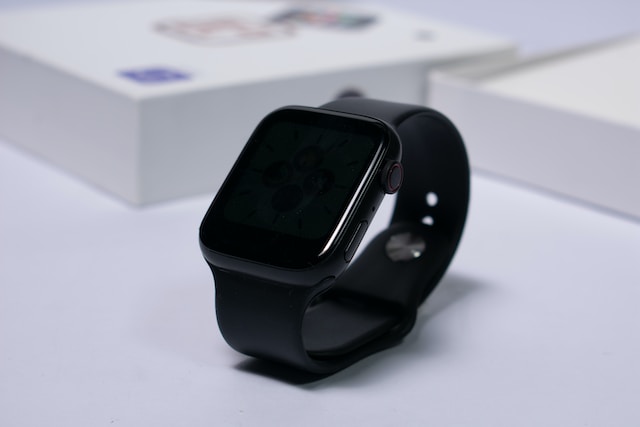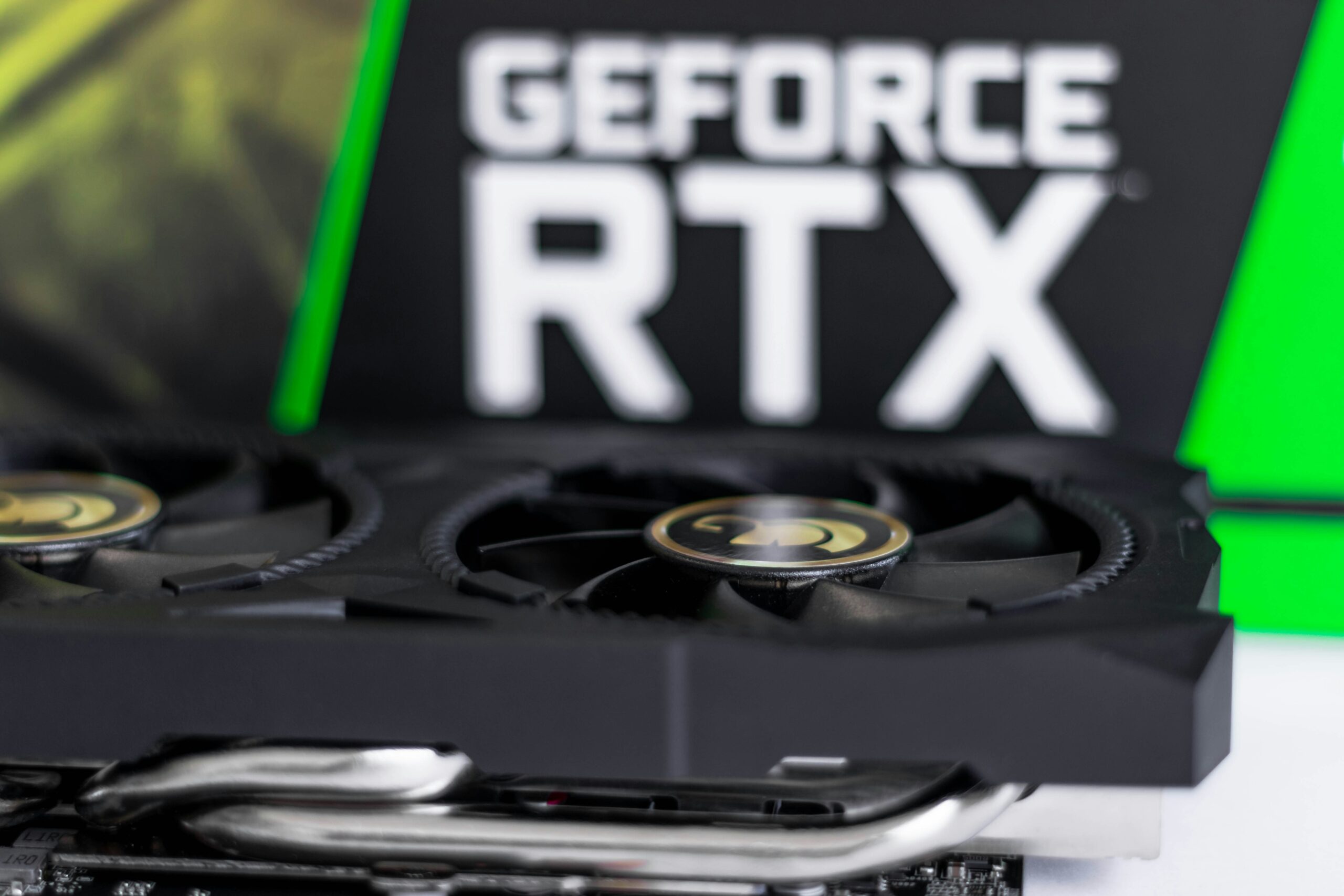Smartwatch Showdown: Apple Watch vs. Samsung Galaxy Watch – Which Reigns Supreme?

The smartwatch market is booming, and two titans consistently battle for wrist-worn dominance: Apple and Samsung. Their newest offerings, typically the latest Apple Watch and the latest Samsung Galaxy Watch, represent the pinnacle of wearable technology. Choosing between them can be tricky, as both boast impressive features, sleek designs, and powerful performance. This article breaks down the key differences to help you decide which smartwatch is the best fit for your needs.
Ecosystem and Compatibility: Where the Battle Lines are Drawn
The most fundamental difference lies in their ecosystems. Apple Watches are primarily designed for seamless integration within the Apple ecosystem. This means they work best with iPhones, and some features might be limited or unavailable if you’re an Android user. Samsung Galaxy Watches, on the other hand, offer much wider compatibility, working well with both Android phones and – to a lesser extent – iPhones.
- Apple Watch:
- Pros: Deep integration with iPhone, iMessage, Apple Pay, etc.
- Cons: Limited functionality with Android devices, reliance on the Apple ecosystem.
- Samsung Galaxy Watch:
- Pros: Great compatibility with both Android and iOS (though with some feature limitations on iOS), flexibility.
- Cons: Integrations with Apple services are not as seamless as the Apple Watch.
Design and Display: Style Matters
Both companies prioritize aesthetics, but their design philosophies differ:
- Apple Watch:
- Design: Typically features a rectangular shape with rounded corners, a sleek and minimalistic aesthetic, and a digital crown for navigation. Often available in aluminum, stainless steel, and titanium.
- Display: Uses a bright and vibrant OLED display with rich colors and deep blacks. The screen is usually protected by Ion-X glass (aluminum models) or sapphire crystal (stainless steel and titanium models).
- Samsung Galaxy Watch:
- Design: Traditionally features a more classic watch design with a circular dial and rotating bezel (on some models). Available in various materials like aluminum and stainless steel.
- Display: Uses a vibrant AMOLED display, also offering excellent color reproduction and deep blacks. Usually protected by Gorilla Glass.
The Apple Watch leans towards a modern and tech-forward look, while the Samsung Galaxy Watch often embraces a more traditional watch aesthetic. Personal preference plays a significant role here.
Performance and Processing Power: Smooth Operators
Both watches offer smooth performance thanks to their custom-designed chips:
- Apple Watch: Features a custom Apple chip that delivers fast processing speeds, smooth multitasking, and efficient power management. Updates generally keep performance top-notch for years.
- Samsung Galaxy Watch: Uses Samsung’s Exynos chips, also providing snappy performance for everyday tasks and app usage. Samsung also regularly provides software updates to improve the watch’s performance over time.
In daily use, both watches perform exceptionally well and are unlikely to leave you frustrated with sluggishness.
Health and Fitness Features: Track Everything
Health and fitness tracking is a major reason many people buy smartwatches. Both the Apple Watch and the Samsung Galaxy Watch excel in this area but with subtle differences:
- Shared Features: Both offer:
- Heart rate monitoring
- Activity tracking (steps, calories, distance)
- Multiple workout modes
- GPS for location tracking
- Sleep tracking
- Blood Oxygen (SpO2) monitoring
- ECG/EKG (electrocardiogram) functionality (check availability in your region)
- Apple Watch Advantages:
- Fall Detection: Can automatically detect falls and contact emergency services.
- Cycle Tracking: For menstrual cycle tracking.
- Advanced Fitness Coaching: Offers personalized workout guidance through Apple Fitness+ (subscription required).
- Samsung Galaxy Watch Advantages:
- Body Composition Analysis: Measures body fat percentage, muscle mass, and water weight (on some models).
- Blood Pressure monitoring (on some models): can measure your blood pressure, when paired with supported devices.
- Stress Tracking: Provides insights into your stress levels.
The Apple Watch tends to be more focused on fitness and safety, while Samsung focuses more broadly, offering in-depth body composition and stress analysis.
Software and User Interface: Navigating the Watch
The operating systems differ significantly:
- Apple Watch: watchOS
- Pros: Intuitive, seamless integration with the Apple ecosystem, consistent design language, excellent app ecosystem.
- Cons: Less customizable than Android, can be limiting if you prefer more open functionality.
- Samsung Galaxy Watch: Wear OS (with One UI on Top)
- Pros: More customizable, broader app support, seamless integration with google services.
- Cons: Can be a little less intuitive than watchOS, has a slightly more complex user interface.
WatchOS is known for its ease of use and tight integration, while Wear OS offers more customization and broader app support.
Battery Life: Powering Your Day
Battery life is a crucial factor. Here’s a general comparison:
- Apple Watch: Typically offers around 18-24 hours of battery life with moderate use. Can last a bit longer with low power mode.
- Samsung Galaxy Watch: Generally aims for 24-48 hours of battery life with moderate usage, depending on the model and usage patterns. Can also stretch this further with battery saving modes.
Both watches are likely to require daily charging. The Samsung Galaxy Watch often gives you a slightly longer runtime, but this varies greatly depending on usage and settings.
Advanced Features and Extras
Both watches offer a range of advanced features:
- Apple Watch:
- Apple Pay for contactless payments.
- Siri for voice commands.
- Cellular connectivity (on some models).
- Emergency SOS for quickly contacting emergency services.
- Samsung Galaxy Watch:
- Samsung Pay for contactless payments.
- Bixby or Google Assistant for voice commands.
- Cellular connectivity (on some models).
- Fall detection (on some models).
- Rotating bezel for navigation (on some models).
Price: Wallet Impact
The Apple Watch is typically positioned at a premium price point, while Samsung Galaxy Watches frequently offer more budget-friendly options alongside their premium models. Price is a major consideration when choosing between these two contenders.
The Verdict: Which Watch is Right For You?
Ultimately, the best smartwatch for you depends on your ecosystem, priorities, and preferred style.
Choose the Apple Watch if:
- You’re heavily invested in the Apple ecosystem (iPhone, MacBook, etc.).
- You prioritize a simple, seamless, and intuitive user experience.
- You value fitness tracking, safety features, and access to Apple Fitness+.
- You are comfortable with the premium price tag.
Choose the Samsung Galaxy Watch if:
- You are an Android user or prefer more flexibility with ecosystems.
- You desire a more customizable experience with Wear OS.
- You appreciate a traditional watch design, body composition analysis, and stress tracking features.
- You prioritize longer battery life.
- Price is a major factor.
A Final Thought
Both the Apple Watch and the Samsung Galaxy Watch are excellent smartwatches that offer a wealth of features. Carefully consider your needs and preferences to choose the best wrist companion for your everyday life. Don’t be afraid to visit a store and try them on to see which feels more comfortable and intuitive for you. The “best” choice will be a deeply personal one.




